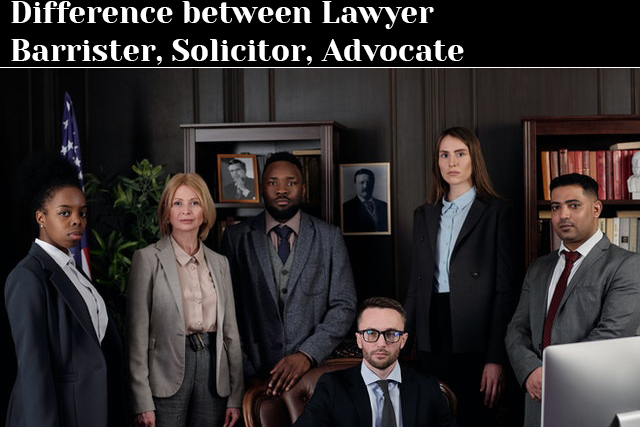As a lawyer, my clients often share rumors they hear circulating “in the streets” about all types of legal issues. I give them credit for bringing those rumors to me, because it gives me a chance to set them straight and it gives them a chance to get the right advice and do the right thing. Because my practice involves elder law, the most frequent rumors I hear involve Medicaid. They are also the most frustrating. I’m amazed at the misinformation that circulates so recklessly.
The biggest Medicaid rumor my clients have shared with me involves what to do if a parent suddenly becomes gravely ill, they do not have long-term care insurance, they have not done advance Medicaid planning, and they need Medicaid to pay for permanent nursing home care. More than one client has told me that friends and acquaintances have advised them to put all of their parent’s assets in their own name because then Medicaid will see that they don’t own anything and they will be able to qualify for Medicaid right away.
WRONG!
Not only wrong, but rife with problems that could subject those in need and their families to penalties, disqualification or, worse, criminal charges.
Whether an infirm senior citizen will immediately qualify for Medicaid to pay for nursing home care depends on whether they did advance Medicaid planning or whether their current financial status qualifies them at the outset. The truly destitute should not have problems qualifying. It is the lower middle class – those with modest assets that they are trying not to lose entirely, especially if they have a well spouse or children — who face a more challenging task to qualify.
Congress has created methods by which those who are not destitute but not rich can attempt to shield some or all of their assets in order to qualify. In the best-case scenario, someone who plans in advance can create a Medicaid-qualifying trust, transfer all their assets into the trust and wait out the five-year “lookback” period. When the individual can show they haven’t owned any assets for at least five years (because the trustee of the trust owns their property, and the Medicaid applicant cannot be the trustee), they should qualify for Medicaid.
It is in the worst-case scenario – when a senior fails to plan at all, or what we in the industry call “the crisis Medicaid case” – that troubles arise. And this is where those rumors abound. Because Medicaid looks back five years into the individual’s financial history to determine what they own(ed) and where it went, any transfers of their assets into another person’s name without adequate compensation for the transfer will earn the Medicaid applicant a penalty period, which means they will not qualify for coverage for a certain period of time, based on an established formula.
The worst thing a child can do is transfer their parent’s assets out of the parent’s name thinking Medicaid won’t know, or not report all assets thinking Medicaid won’t find them – both of which are tantamount to defrauding Medicaid and could subject that person to criminal charges. (Different rules apply to spouses.) The fact is, Medicaid does a thorough review of every applicant’s financial background, referencing and cross-referencing documents, checking all financial transactions, bank accounts, and other assets, and will determine if money has been transferred. By the time they find out, it will be too late for the senior to do anything to reverse those transfers and they will be disqualified from receiving Medicaid benefits for at least a period of time.
Congress has authorized several methods by which even “crisis” cases can shield some of their assets. Some examples include purchasing an irrevocable funeral trust, investing in certain improvements in the home, making gifts with promissory note paybacks, and entering into personal services contracts with family members. The only way to know if you or your loved one can shield some or all of their assets is by consulting an elder lawyer who specializes in Medicaid planning.
As my father used to say, “Believe half of what you see and none of what you hear”. This is a good policy when it comes to Medicaid rumors. Get the right advice so you can get the best for your loved ones.











